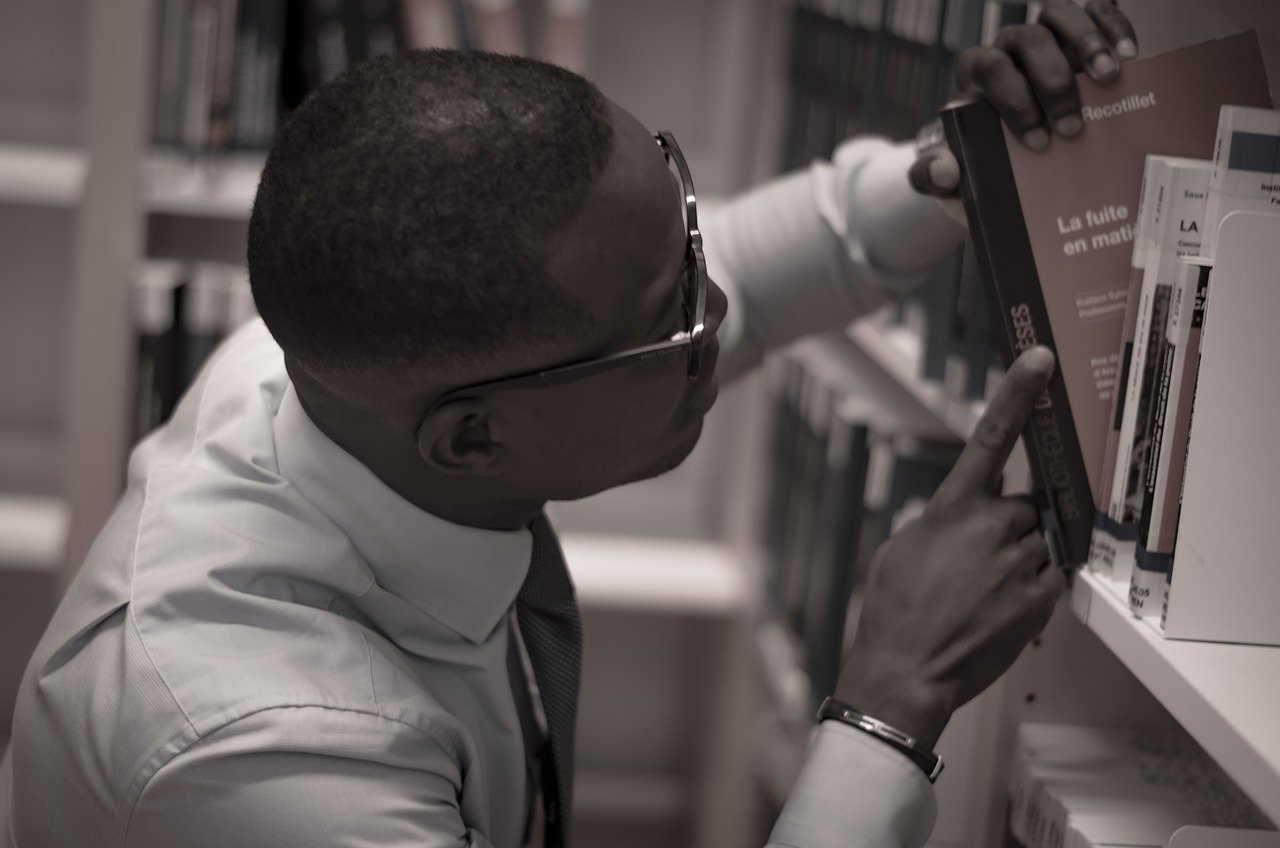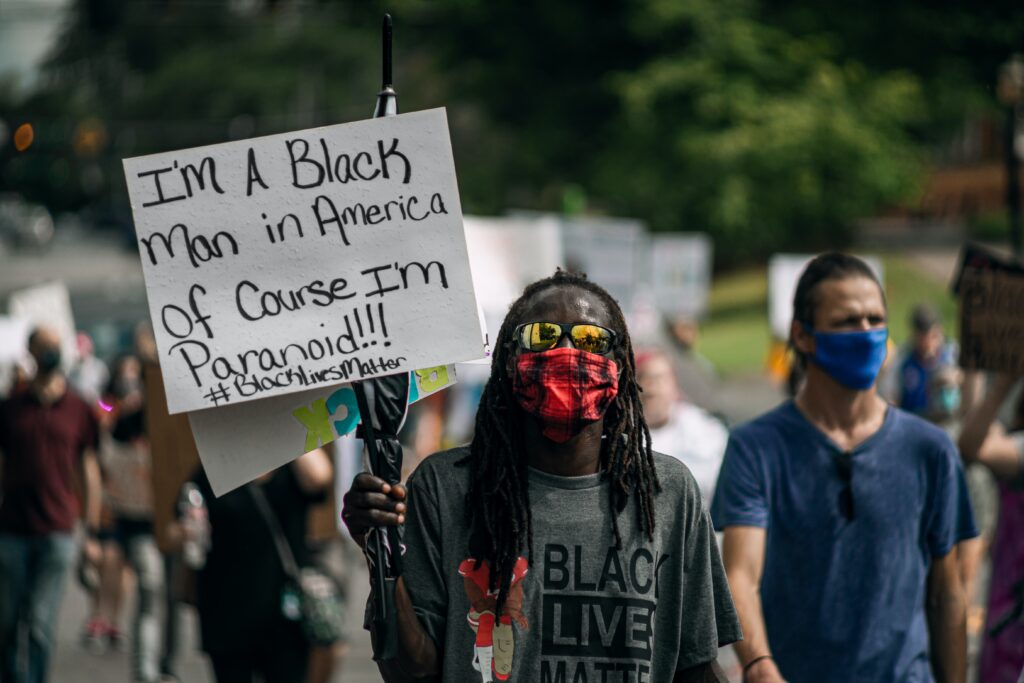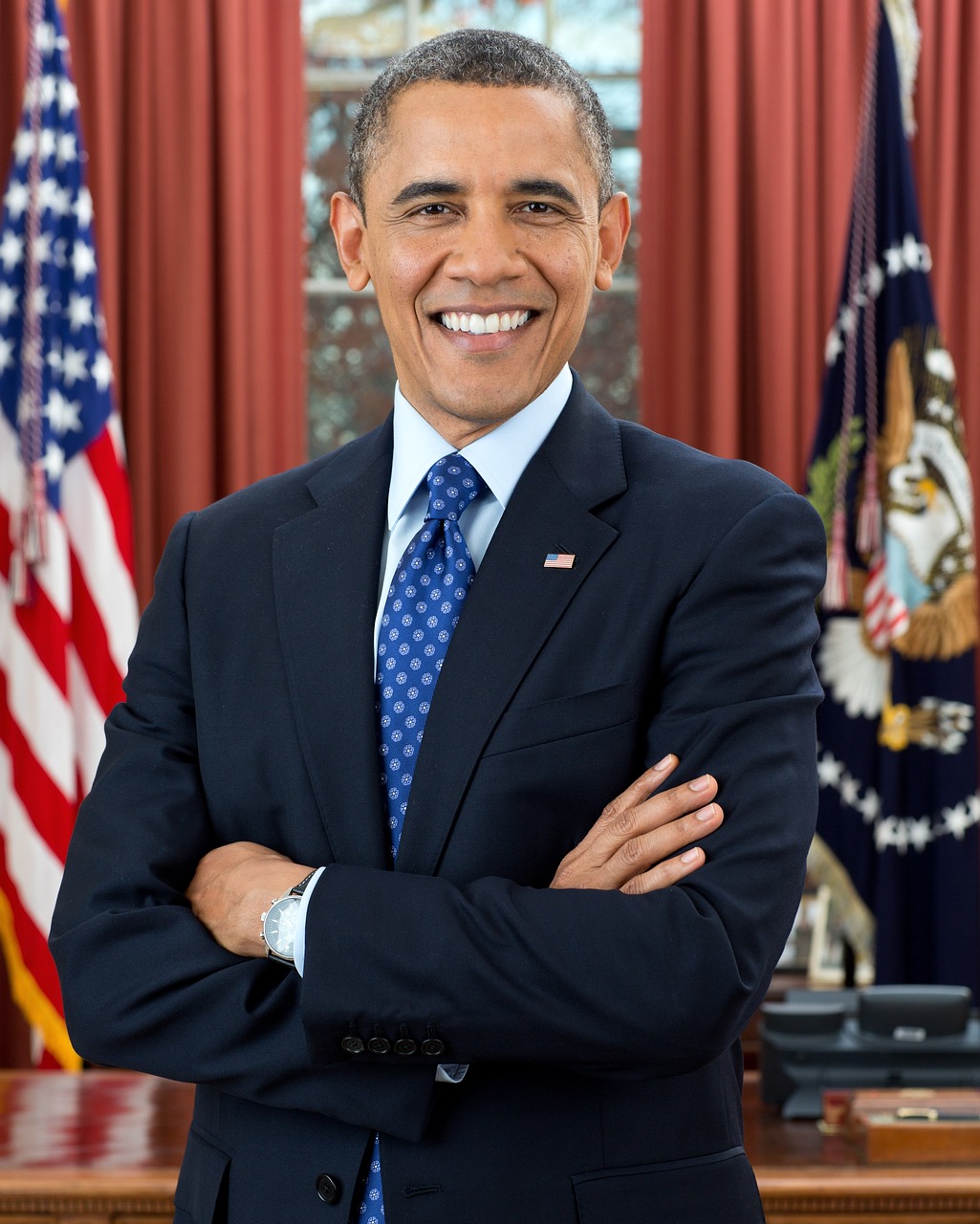By: Priscilla Wiredu
On November 26, 2005, Writer and Cartoonist Aaron McGruder debuted a show that would change the way America views Black culture.
The Boondocks, originally a comic strip by McGruder, tells the story of Huey and Riley Freeman, two adolescent Black boys who leave the southside of Chicago to live with their retired grandfather Robert Freeman in a white, suburban, affluent neighborhood.
The differences in socioeconomic classes affect the boys and their grandpa in different ways that touch upon their personal growth and development. The cartoon itself remains a clever and insightful piece of social commentary on Black culture.
It successfully addresses racial disparities and voices sensitive discussions about the treatment of Black people in America. This article will critically examine the genius behind The Boondocks.
Cultural Impact
The Boondocks is a rare gem of its kind as the show represents Black communities in both a self-reflective view and as a critique for corrupt systems, whether it be corporate, judicial, or even mere entertainment.
The title derives from the term ‘boondocks’ which means ‘a quiet area in the country that occupies a few residents, far away from any town or city.’
In essence, Huey, Riley, and Grandad are boondocking in a foreign place that differs from the surroundings they grew up in. Each character confronts their own unique challenges and struggles that strengthen their character development.
While Huey takes on a revolutionist approach, aiming to ensure Black nationalism and pride is showcased. Riley is heavily influenced by false Black stereotypes and chooses to listen to rappers, disrespect women, and act reckless to obtain money or fame.
Grandad Freeman has learned in his golden years that hypocrisy is the only way to ensure the most comfort and is ultimately self-serving.
McGruder claims that the interpretation of his characters and the messages he tries to convey are, while deep and fascinating, create controversies amongst Black audiences. From his Martin Luther King Jr. episode to the episode about R. Kelly’s trial, The Boondocks enacts an explosive dialogue about racial hierarchy within Black and American societies.
Racial Satire
The strength of The Boondocks satire lies within its ability to tackle issues in the Black community using stealthy forms of satire and humour.
The Freeman family confronts racial disparities against white characters who aim to cause trouble among the Black protagonists. Mr. Ed Wuncler, a wealthy white realtor, is a living paradigm of predatory capitalistic practices. His grandson, Ed Wuncler III and his friend Gin Rummy are white wannabe gangsters who believe robbing banks, houses, and kidnapping are what Blackness embodies, with Riley conforming to these actions.
Sarah Dubois, the white wife of Tom Dubois and mother of Jazmine act racist as they describe Black culture as ‘“urban” and use racial slurs regularly. It is a comedic reflection of the reality of those Black people who live in centralized white spaces.

Black Identity
Another imperative facet of this show is McGruder’s ability to illustrate Black characters that break free from negative stereotypes that can sometimes be viewed as one-dimensional.
Black identities have a certain range within the show, and reasons for why these characters enact different personalities. McGruder does an excellent job at meshing stereotypes and simultaneously illustrating Black characters as intelligent and powerful characters within different plots. The relationships between the Black characters also allows audiences to think critically about the commentary.
Huey is a revolutionist because he finds many parts of Black American culture to be more damaging than empowering. Riley is the opposite; he accepts all the misogynoir, the toxic hypermasculinity, and the obsession with money and criminal activity.
One can argue that these boys act rebellious to resist conforming to the affluent, safe, white neighbourhood where they are guaranteed a ‘better future.’
The character’s dynamic helps shape the narrative that McGruder is trying to push; that resistance can take on different forms for similar reasons.
Another example would be the representation of coonery that some Black characters enact in order to please white people.
Tom Dubois, a Black lawyer, is the Uncle Tom archetype within the show. Dubois portrays a gentrified white-washed character who knows his place and appeases his white neighbors, coworkers, and society as a whole. He married a white woman to have a mixed child in hopes to assimilate to the white power structure and stray from his Black heritage. His covert self-hatred goes hand in hand with his wife, Sarah, who fetishizes Black men and their supposed criminality, evident in her love towards Usher and other rappers.
Uncle Ruckus is said to be one of the most polarizing characters of the show. He is the parody of a white-worshipping, self hating Black man, an embodiment of self-hatred to the point it is almost parodying.
Uncle Ruckus is insecure of his dark skin, any association with Black people, and consistently seeks approval from white people by talking negatively towards Black people. He was raised in a self-hating Black family, and believes that he had a ridiculous disease that had turned him Black when he was born white.
The Boondocks takes on various issues that deal with social identity. The show reveals that there are multiple layers to Black identity that include why these characters believe discriminatory stereotypes. It further questions whether there is room for acceptance and change.

Criticism
Without a doubt, The Boondocks has been subjected to many controversies since its initial airing date. Many people believe that while some of the show’s characters and episodes are timeless in their meanings, there are also some outdated views on Black people and culture in America.
Many earlier episodes were abstracted, especially within the Martin Luther King episode. Many Black viewers claimed that it was an insult to see Martin Luther King Jr. candidly talk down on Black individuals in the modern day.
These comments were aimed at rejecting rap music and other Black aesthetics, seeing as they were more harmful than good. MLK Jr. would realistically make an attempt to understand how modern Black culture had evolved before making such slander.
McGruder claims that he wants to expand the dialogue about race and wishes to stray from the negative conversations about Black people that has gone on for well over 30 years.

During Barack Obama’s presidential election in 2008, the show aired an episode in which they ridiculed voters who voted for Obama simply because he was Black. The show was not aired to mock Obama, but to convince the audience including both Black and non-Black viewers to think critically.
Yes, Obama would be America’s first Black president, and yes, such a feat would inspire many Black youth to never lose sight of their dreams, and the representation would be palpable. But would this ultimately end racism? Would this prove that Americans can live peacefully together with a non-white president? Or would Obama’s presidency provoke racism and become more hateful towards their supposed ‘identity’ being eradicated? As time went on, the predictions of the latter became true.
This is the unsung beauty of The Boondocks, the show does not convey to its audience that there is one correct viewpoint. In reality, the show presents multiple varying ideologies, and asks the viewer to challenge them.
“I hope to expand the dialogue and hope the show will challenge people to think about things they wouldn’t normally think about, or think about it in a very different way.” – Aaron McGruder.
Priscilla Wiredu is a writer for this year’s Black Voice project. An alumni of York University, she graduated with Honors where she studied Social Sciences. She then went on to get an Ontario Graduate certificate in Creative Writing from the Humber School for Writers, and a college certificate in Legal Office Administration at Seneca College. She is currently studying for the LSAT in hopes of going to law school. Her main goal as a Black Voices writer is to ensure Black issues and Black Pride are enunciated through her works.

